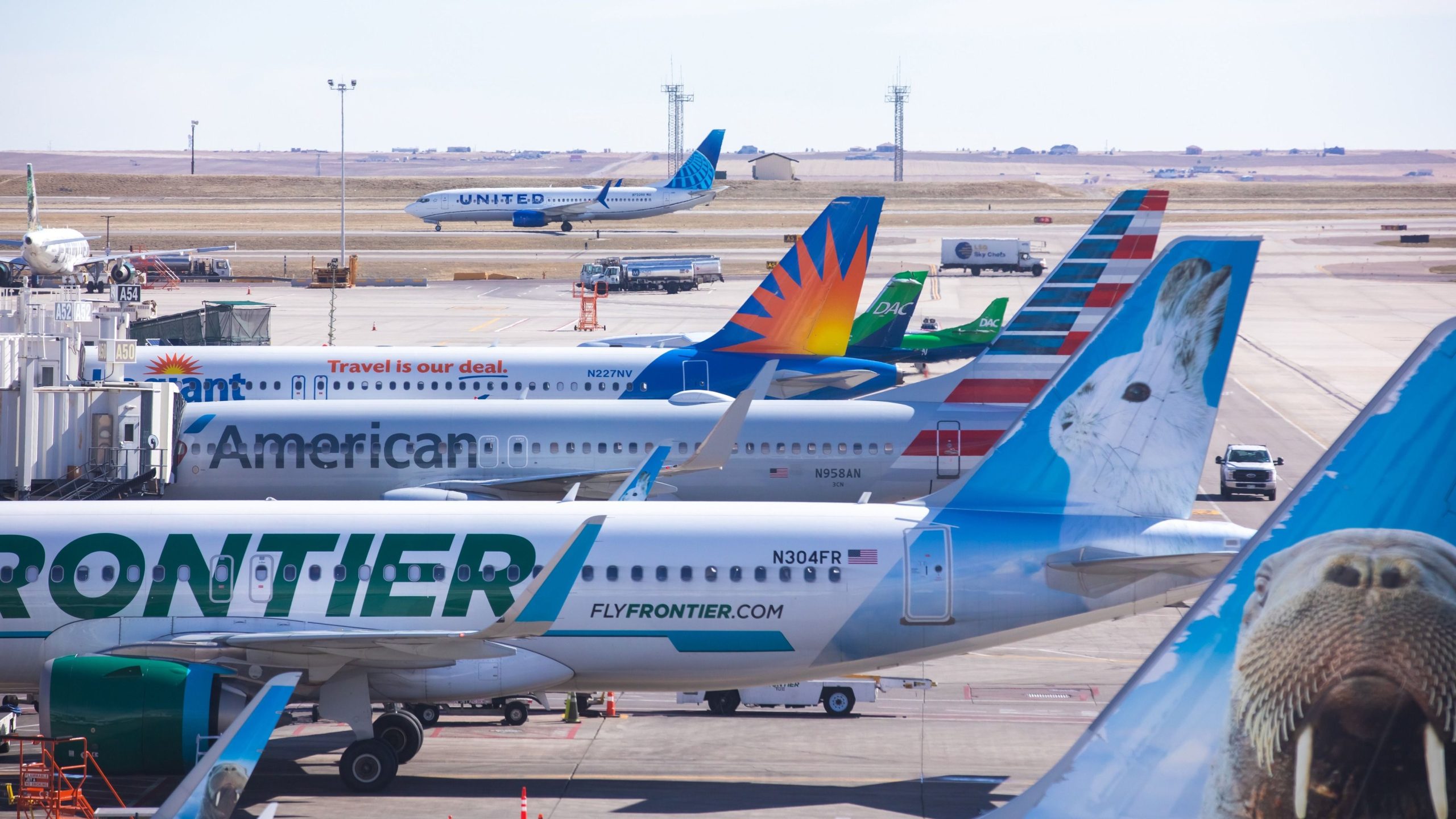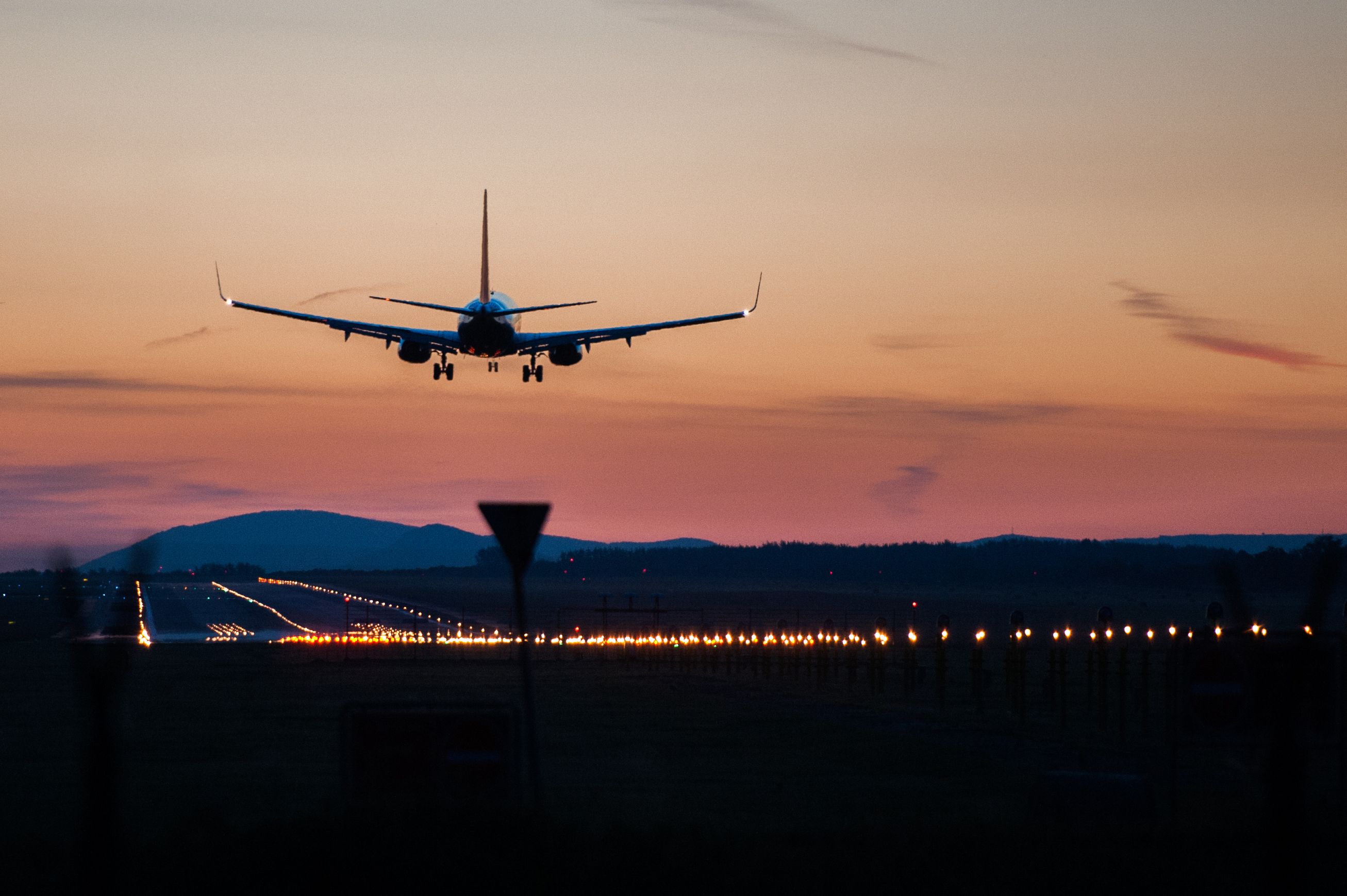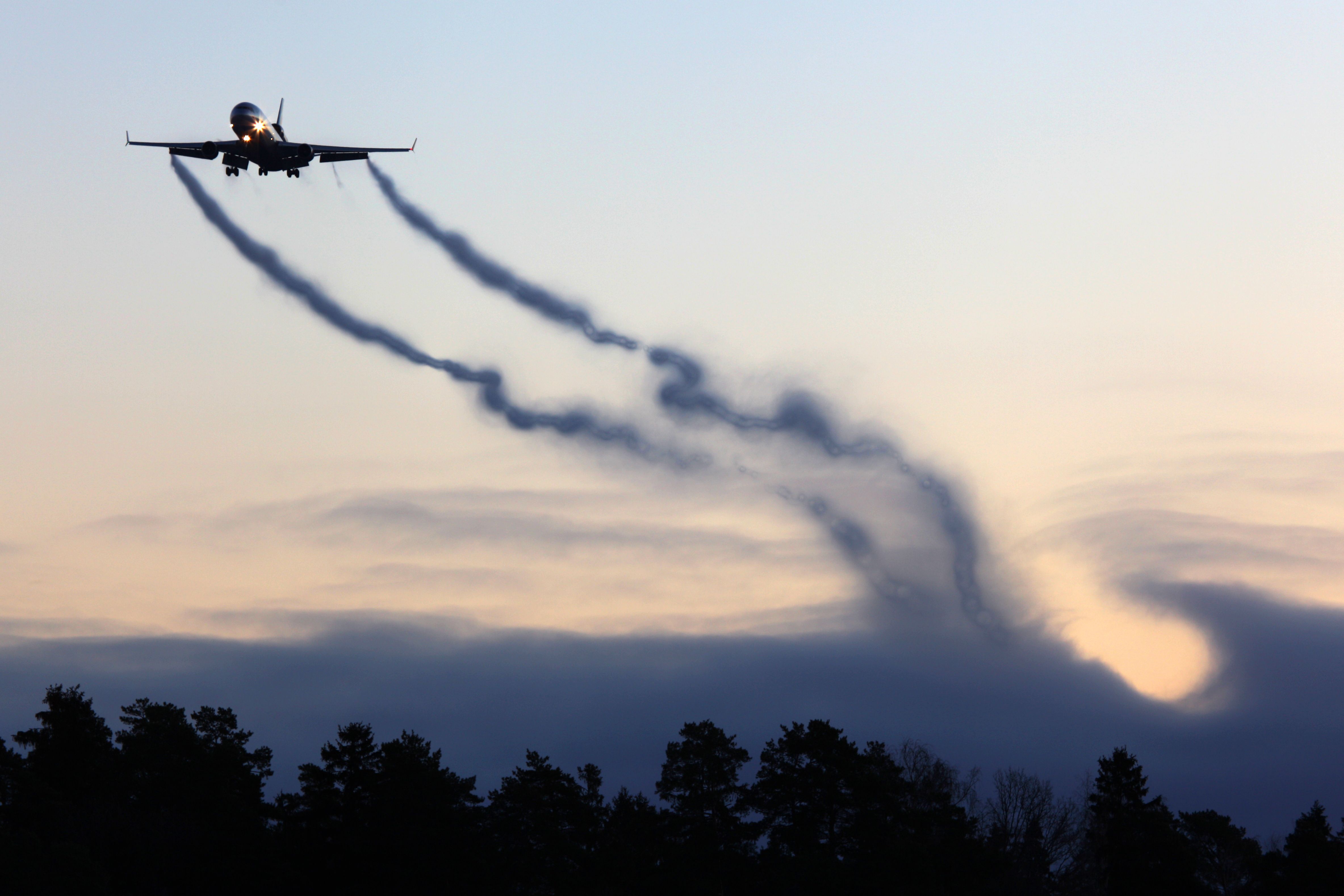Summary
- Experienced airline pilots are concerned about an uptick in close call incidents, citing staffing shortages and inadequate training for newer pilots.
- The Let Experienced Pilots Fly organization warns that the situation could jeopardize the long-standing safety record in aviation.
- The House has passed a bill that proposes raising the retirement age to 67, but a major pilot union opposes it.
With the uptick in near-miss incidents in the aviation industry this year, experienced airline pilots in the US are sounding the alarm about the issue. Their concerns come as the holiday travel season quickly approaches.
With the ongoing pilot shortage paired with record air travel, several pilots say air travel safety has been compromised. There have been at least six notable close-call incidents this year, but it has been reported that many more have occurred without being publicly shared.
Staffing shortages
An increased number of experienced airline captains are reportedly being forced into retirement at age 65, which has caused strain on airlines looking to fill the gap and affects training. Most carriers have struggled to attract and retain top-tier pilot candidates, leaving several pilots with shorter tenures being promoted. Members of the Let Experienced Pilots Fly organization said on Tuesday that “the situation is untenable” when “factoring in the loss of on-the-job training by more experienced pilots who mentor the less experienced pilots.”
Photo: samatotoh/Shutterstock
The organization said that it has witnessed a rapid growth of pilots moving into positions with greater responsibilities or tasks than their training and experience would traditionally allow. At least two pilots on the flight deck are mandated in current regulations, but it is becoming more common that both pilots have less combined experience in today’s environment.
Maintaining the safety record
While many pilots have retired due to their age, airlines have been simultaneously trying to meet the increased travel demand following the pandemic, resulting in several newer pilots being put into positions without being adequately trained or mentored. The organization said the situation could raise the risk of a catastrophic event.
“We risk seeing an end to the historic, long-running safety record in aviation of no fatalities as a result of an aircraft incident. This is due to the (cumulative) growing danger of these circumstances and their impact on the system. When pilots are forced to retire at the top of their professional competency their skills, knowledge, experience, and leadership leaves with them.”
Photo: Fasttailwind/Shutterstock
The organization further explained that raising the retirement age of healthy and capable pilots by two years would solve the “growing danger” in air travel. The move would reportedly allow thousands of qualified pilots to continue flying and help mentor the next generation.
Let Experienced Pilots Fly Act
In July, the House passed a bill known as the Let Experienced Pilots Fly Act that would extend the pilot retirement age to 67, but the outcome depends on a decision from the Senate, which voted on it last month, according to National Public Radio. Contrarily, The Air Line Pilots Association has opposed the bill and argued that it would introduce new safety risks, as it would not meet international standards. But, according to Smith Anglin, a Dallas, Texas-based wealth management firm, around 85% of all flights originating in the US are domestic. Additionally, Japanese pilots can be 68, while several other countries have no defined age limit.
Senator Mark Kelly, who has flown four Space Shuttle missions, believes raising the retirement age would benefit the industry.
“The national shortage of pilots has caused too many delays and disruptions for travelers across the country,” Kelly said in a statement obtained by Smith Anglin. “Our bipartisan legislation would allow experienced and highly skilled pilots to continue their careers past age 65, if they choose, which would help address staffing and travel challenges as we continue to strengthen the pilot pipeline.”
Sources: National Public Radio, Smith Anglin



